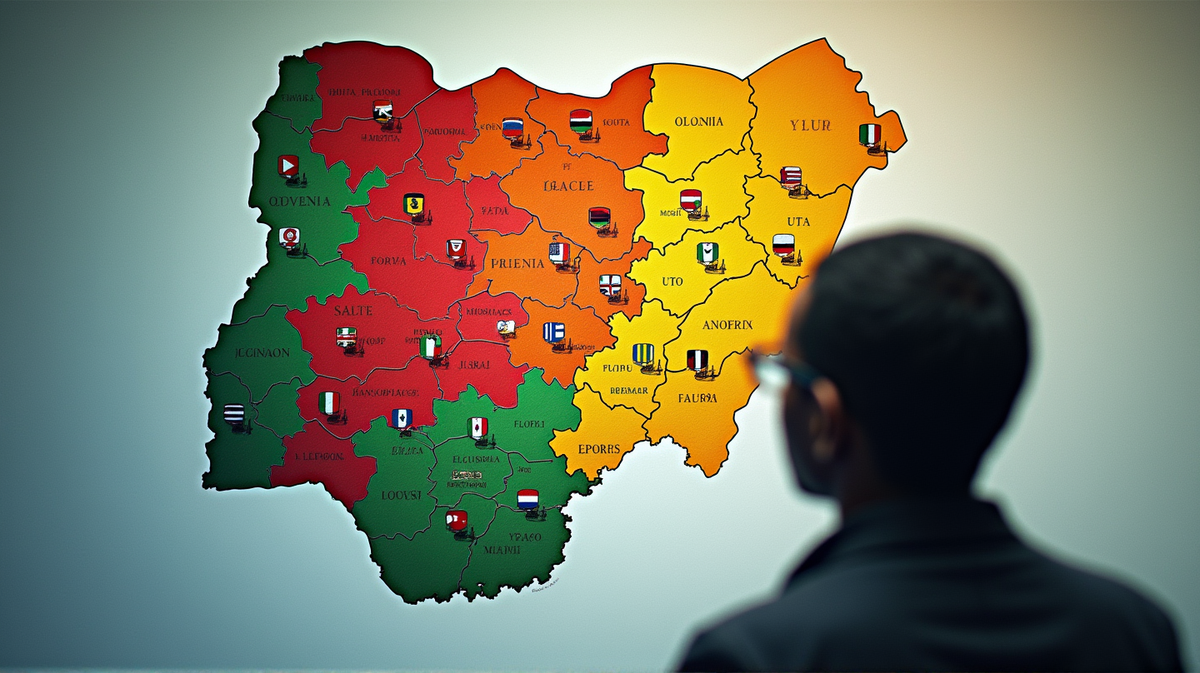Is Nigeria Slipping Towards a One-Party State? Political Experts Raise Alarms
Nigerian Political Science Association warns of a possible drift towards a one-party state due to rampant defections in the political scene.

The Nigerian Political Science Association (NPSA) has sounded a clarion call over the steamy party dynamics in the country. In an address that captivates the gravity of the issue, Professor Hassan Saliu, President of the NPSA, voiced sharp concerns in Ilorin on Monday about the potential drift towards a one-party state, a scenario laden with potential risks to democracy.
The Core of Concerns
Defections, often regarded as a natural element in political landscapes, have taken a worrying twist in Nigeria. They have become alarmingly prevalent, hinting at underlying systemic issues. According to Professor Saliu, Nigeria’s political parties have morphed into mere vehicles seeking power, rather than platforms for meaningful ideological debates and civic engagement.
The Reality Behind Defections
Professor Saliu elucidates that while Nigeria does not yet emulate a one-party state in essence with the necessary institutional trappings, the frequency and nature of political defections signal an unhealthy democratic climate. “Certain elements of subterfuge are involved, raising concerns,” he asserts, highlighting the undemocratic roots within political parties that perpetuate this unsettling trend.
Analyzing the Gravity
There is a prevalent belief that politicians defect to avoid accountability, as indicated by a former APC chairman’s controversial utterance about pardoning sins upon party defection. Such maneuvers, driven by self-serving interests and a desire for patronage, serve to undermine the democratic ethos.
Potential Consequences
Despite the constitutional rights allowing freedom of political association, this opportunistic shifting of allegiances has pervasive consequences. The NPSA argues that this could lead Nigeria toward a one-party state scenario, thereby shrinking the democratic space and abridging the democratic rights of Nigerians.
Recommendations for Reformation
To halt this adverse drift, the NPSA proposes important reforms: return political parties to the public domain, initiate public funding and encourage active membership, rediscover ideological differences, and actively involve citizens in political dynamics. According to Daily Post Nigeria, these changes could reinforce the core of Nigeria’s democracy and cultivate a thriving political landscape.
In a world where political ecosystems can dynamically change overnight, vigilance and proactive action are the essentials needed to safeguard Nigeria’s democratic future, ensuring it remains diverse, vibrant, and resilient.





